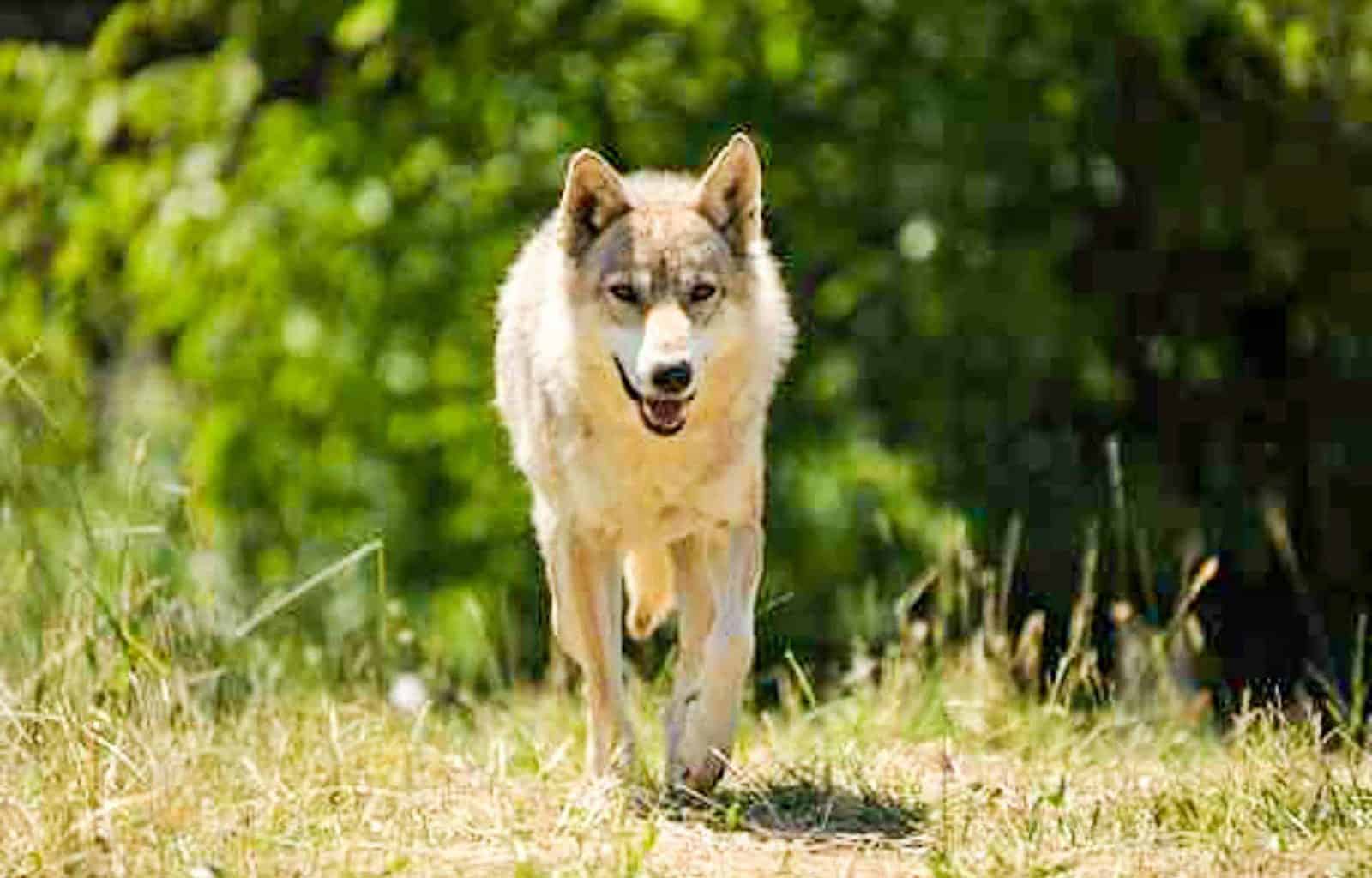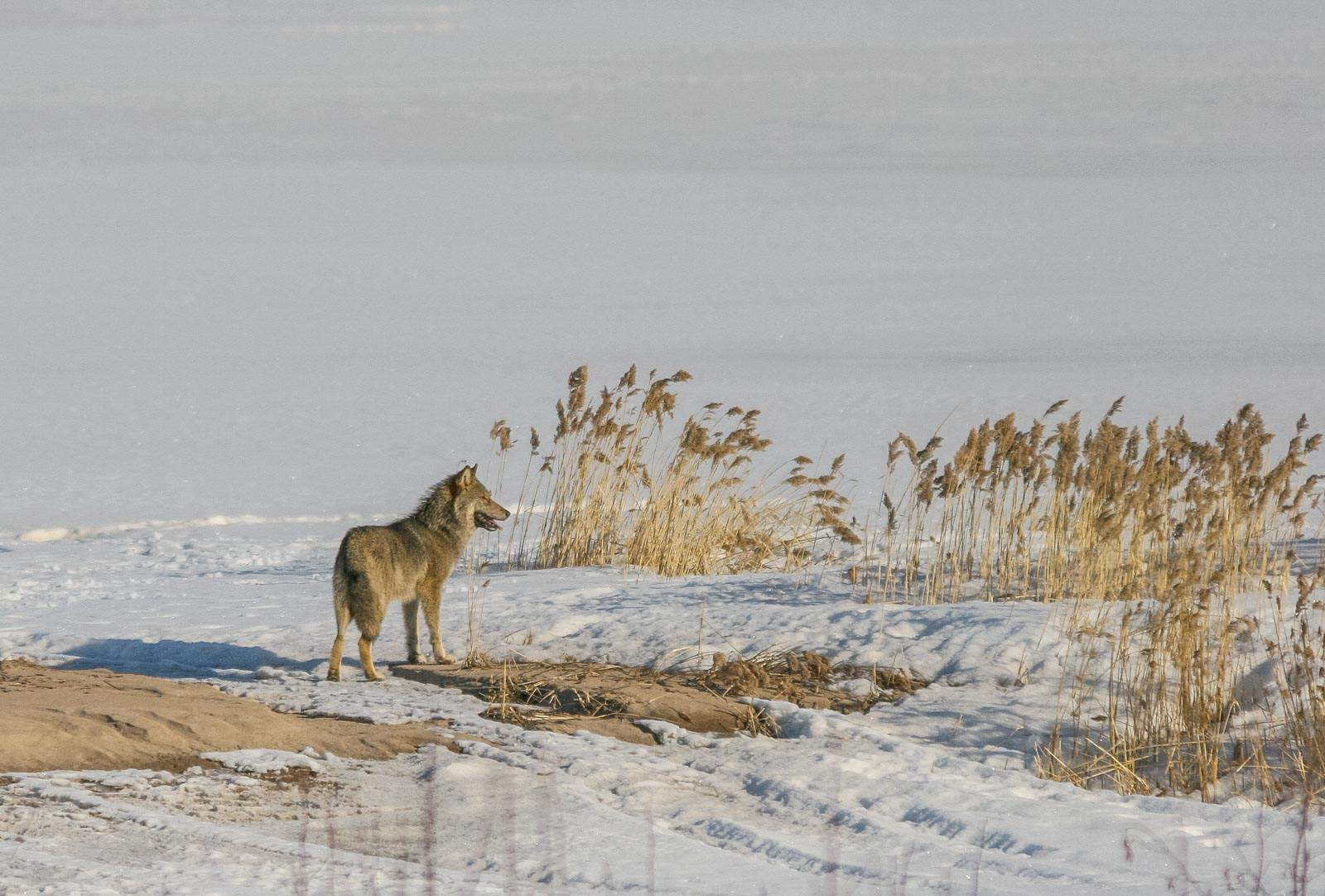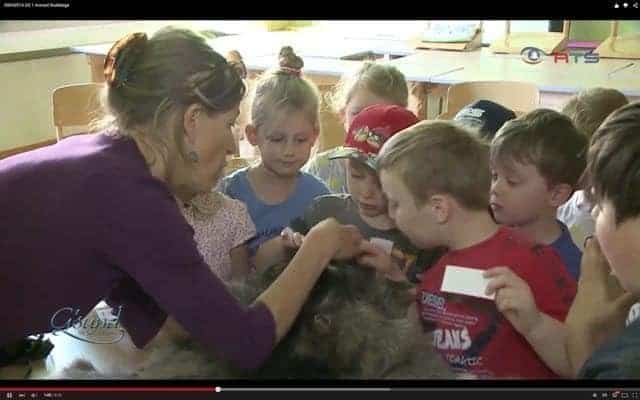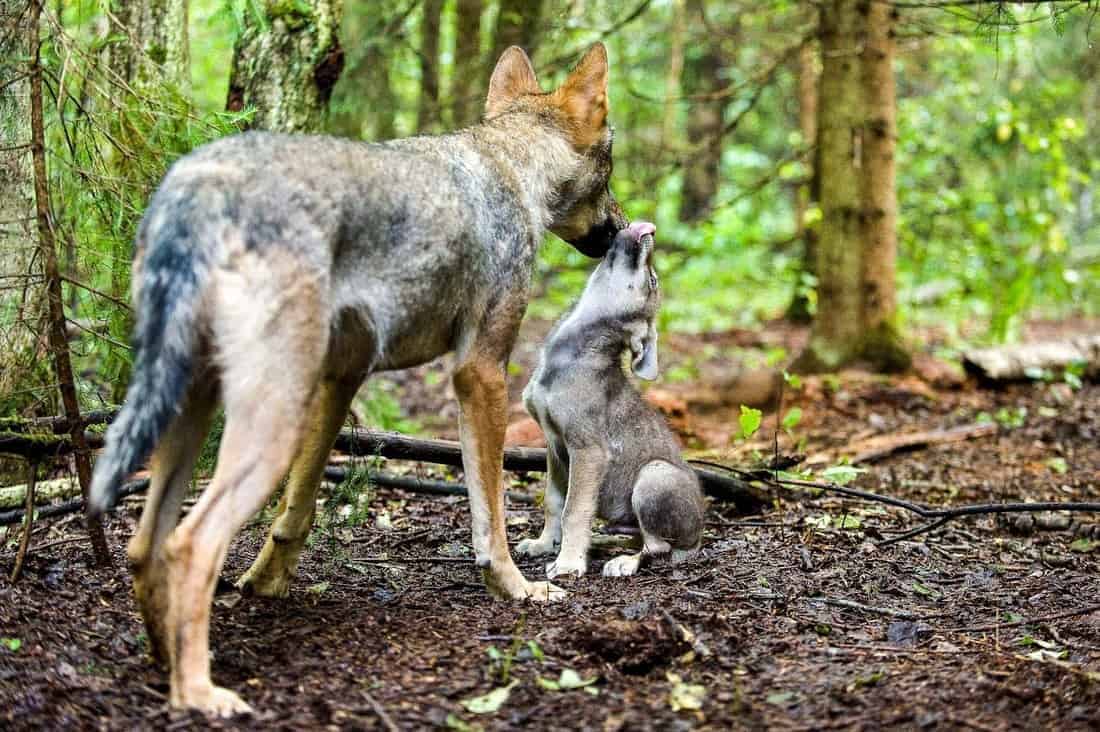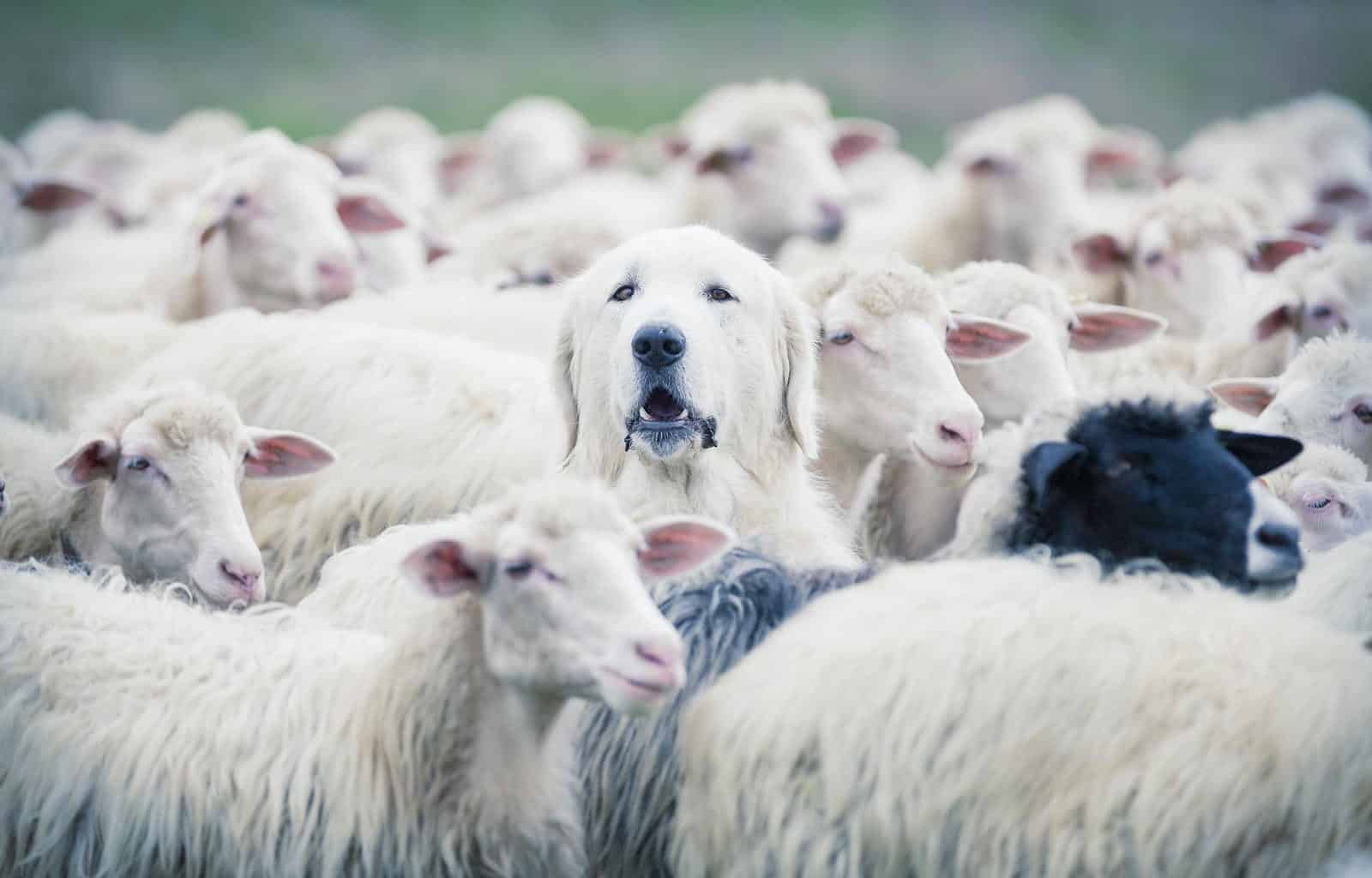Lack of livestock protection affects cross-border wolf packs
In October, following a long but seemingly successful petition by 31 Slovak organisations, the Ministry of Agriculture went against the public opinion and increased the hunting quota for wolves in Slovakia to 50 animals. Since 2000, hunters in Slovakia have legally killed almost 1,800 wolves. The hunting quota of 50 individuals not only affects Slovak wolves, but also packs which have their homes exactly in the border areas, such as between Slovakia and the Czech Republic. In the meantime, these countries are still lacking functional compensation schemes and livestock protection measures.
Please also read: Slovak hunting quota for wolves increases
The Czech-Slovak wolf pack
Wolves began to return to the Czech Republic in the 1990s, first to the Carpathian mountains on the border with Poland and Slovakia. Initially, they were wandering individuals. Now after more than 20 years, the established wolf pack in the Silesian Beskydy has offsprings for the first time, and the pack in Javorníky for the second time. Before 2009, there was no quota to limit wolf hunting in Slovakia. After 2009, officials announced an incredibly high quota. The number of reportedly killed wolves in the first years was around 150 annually. It was not until 2013 that the government banned wolf hunting, especially in border areas and in areas of international importance. Despite a quota of 80 wolves, hunters at that time reported only 27 wolves.
Due to the high number of wolves hunted, established packs could not spread across different territories. Even today, the areas designated for the protection of the wolf are very small, in comparison to the size of an area where the wolf packs and individuals normally move. The wolf pack on the Czech-Slovak border is protected only on its reported territory, i.e. on the ridge of the Javorníky Mountains. As soon as any individual goes down into the valleys, hunting is allowed. The pack in the Silesian Beskydy Mountains, which moves across three countries – Poland, Slovakia and the Czech Republic is under protection under the same conditions.
Livestock protection is the way forward
Compared to Slovakia, there is no legal wolf hunting in the Czech Republic and Poland. Wolves have been appearing on the Polish side of the Silesian Beskydy Mountains since 1995. This was the year the wolf received strict protection throughout Poland. Moreover, the Polish Minister of Environment actively encouraged Slovakia to stop wolf hunting at least in a 23 km strip along the Polish border. However, at the same time no tools emerged in Poland for sufficient livestock protection, that would decrease the number of illegal hunting. As hunters did not agree with the ban, monitoring shed a light on dozens of poached wolves. The example of Poland shows that restricting legal hunting must go hand in hand with livestock protection measures and restriction of poaching. It also proves that effective protection of the species can only happen through stakeholder involvement and bilateral discussions.
Hunting of certain individuals and hand in hand with insufficiently protected livestock can lead to a cascade effect. Hunting of certain individuals can cause a cascade effect. If a hunter kills the alpha male or female, the pack loses its lead and chaos can occur. Without the lead of alphas, as the offsprings don’t know their territory well yet, they may wander close to a farmland. Here they can come across insufficiently protected livestock, which can lead to avoidable livestock damage, and can reinforce people’s perception that a hunting quota is necessary.
The return of large predators helps to restore balance to our natural habitats. However, it clearly brings up the need to better protect livestock. The reported damages on the Slovak and Czech side have one thing in common – most of the livestock is not sufficiently protected. In the Czech Republic, the first steps in the right direction are in place. Farmers can now apply for a subsidy for electric fences, livestock guarding dogs and other livestock protection measures. However, as these packs have their territories across borders, legislation on hunting and livestock protection should also be harmonised between the neighbouring countries. Otherwise efforts on one side of the border bring only partial success.
To get the latest information on how to successfully implement livestock protection measures through peer-to-peer interaction in the German-speaking Alps in Austria, Bavaria and Trentino-South Tyrol, follow our project LIFEstockProtect.

